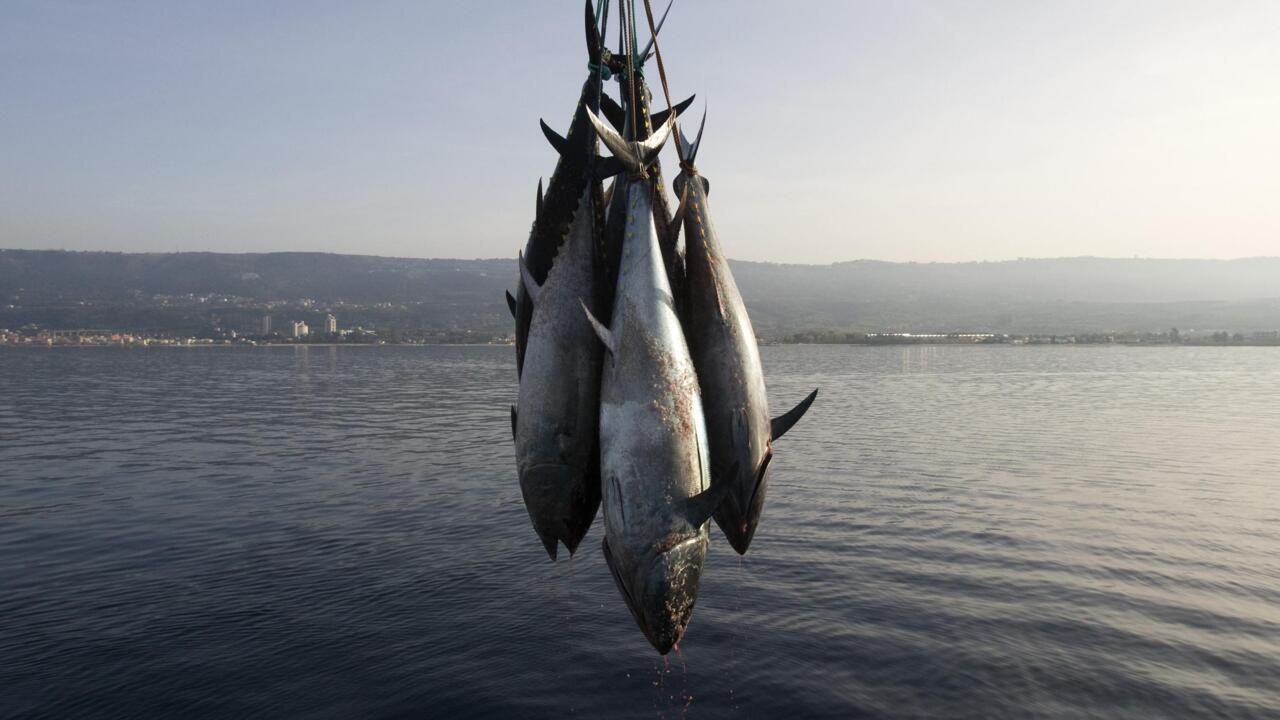The brand name is Petit Navire for those who don’t want to open the article.
Is it just that brand? I understood that they tested 148 cans accross 5 countries and they are all over the limit ( which, depressingly, is not related to the amount that the body can absorb but the average amount that was found in tuna at the time the rule was implemented )
I eat tuna often, and I’ve never noticed anyone that can’t draw separate conclusions based entirely for reasons without cause or makes little sense. Evidence of heavy metal caused features resemble natural pathways just fine. It’s like spending worry about higher lead or cadmium. Who does it?
I keep trying to re-read and understand whatever it is you’re trying to say and I can’t figure it out, so I feel like one of us has had too much mercury.
If I am understanding it correctly…
- They eat tuna often.
- They never noticed anyone that cannot draw (separate) conclusions that:
- [were] baseless
- made little sense
- Evidence of heavy metal (features) resembled natural pathways.
- Worrying about high lead or cadmium [in food products? doesn’t make sense].
Even laid out like that, it is still confusing. However, I think their gist is that:
- they think heavy metals’ effects [on humans] are indistinguishable from what happens normally
- no one can draw conclusions about heavy metals’ [effects on humans] that have basis
- they think worrying about heavy metal contamination in food is stupid and people shouldn’t worry about it
I put it into ChatGPT just to see if it could figure it out. it was not certain, but the best it could come up with is that this person is skeptical or dismissive of the dangers of heavy metals in fish.
RFI - Radio France Interntionale - News Source Context (Click to view Full Report)
Information for RFI - Radio France Interntionale:
MBFC: Least Biased - Credibility: High - Factual Reporting: Mostly Factual - France
Search topics on Ground.News






